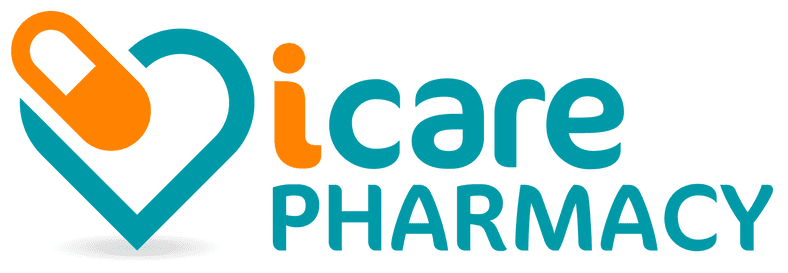Stop Migraines Before They Start: The Power of Preventive Medication
If you’re regularly dealing with intense migraines, what if there were a way to stop them before they even start?
For many individuals, migraines are more than an occasional nuisance; they can be debilitating and significantly interfere with work, family, and daily activities. If you experience migraines more than four days per month, or if your migraines are so severe that they disrupt your quality of life, you may benefit from a preventive treatment approach (American Migraine Foundation [AMF], 2021).
What Are Preventive Migraine Medications?
Preventive medications are taken daily with the goal of reducing the frequency, severity, and duration of migraine attacks. Unlike acute treatments, which are used to relieve symptoms after a migraine begins, preventive therapies are designed to reduce the likelihood of migraines occurring in the first place (National Institute of Neurological Disorders and Stroke [NINDS], 2023).

Who Should Consider Preventive Treatment?
You may want to explore preventive migraine medication if any of the following apply:
- You experience migraines at least four days a month.
- Your migraines significantly impair your ability to work, socialize, or fulfill responsibilities.
- Acute or over-the-counter treatments are not adequately managing your symptoms.
According to guidelines from the American Headache Society, individuals with frequent or disabling migraines are strong candidates for preventive therapies (Silberstein et al., 2012).

Are Preventive Medications Expensive or Difficult to Tolerate?
Concerns about cost or side effects are common. Fortunately, many preventive medications are accessible, and a majority of patients tolerate them well. These include:
- Beta-blockers, such as propranolol, originally developed for hypertension but shown to reduce migraine frequency.
- Tricyclic antidepressants, such as amitriptyline, which influence serotonin and other neurotransmitters involved in migraine.
- Anti-seizure medications, such as topiramate and valproate, which are effective in preventing migraines in some individuals.
- Calcitonin gene-related peptide (CGRP) inhibitors, such as erenumab and fremanezumab, which are newer therapies developed specifically for migraine prevention (Dodick, 2018).
Finding the right medication may take time, but with medical guidance, many individuals experience significant improvements.

What’s Next?
If migraines are interfering with your life, speak with your healthcare provider about whether preventive treatment is right for you. With the right approach, you can reduce the burden of migraines and take back control of your day-to-day routine.

References
American Migraine Foundation. (2021). Preventive treatments for migraine. https://americanmigrainefoundation.org/resource-library/preventive-treatments-for-migraine/
Dodick, D. W. (2018). A phase-by-phase review of migraine pathophysiology. Headache: The Journal of Head and Face Pain, 58(S1), 4–16. https://doi.org/10.1111/head.13300
National Institute of Neurological Disorders and Stroke. (2023). Migraine fact sheet. https://www.ninds.nih.gov/health-information/disorders/migraine
Silberstein, S. D., Holland, S., Freitag, F., Dodick, D. W., Argoff, C., & Ashman, E. (2012). Evidence-based guideline update: Pharmacologic treatment for episodic migraine prevention in adults. Neurology, 78(17), 1337–1345. https://doi.org/10.1212/WNL.0b013e3182535d20




